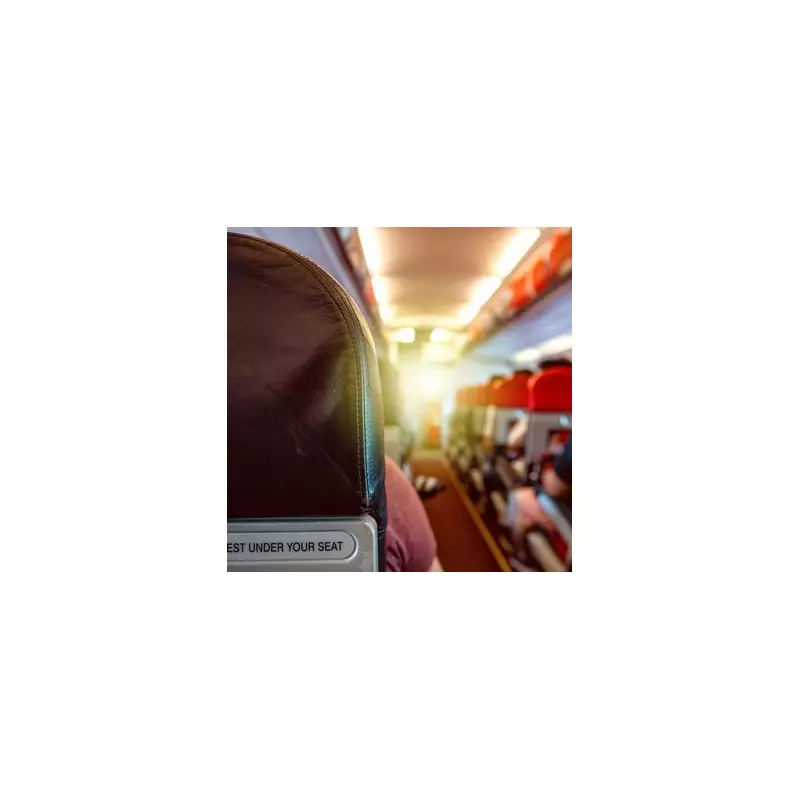
EasyJet has ignited a firestorm of passenger anger after implementing drastic new cabin baggage rules that travellers are labelling "outrageous" and "plain greedy." The budget carrier's latest policy shift has left holidaymakers facing unexpected charges and confusion at the gate.
The Controversial New Policy
Under the new regulations, passengers are now permitted only one small bag that must fit beneath the seat in front. The previously standard overhead locker access now comes at a premium, reserved exclusively for those who pay for upfront or extra legroom seats.
This represents a significant departure from the airline's previous allowance, which included one small cabin bag plus an additional larger bag for overhead storage.
Passenger Backlash Erupts
The changes have sparked furious reactions across social media platforms. One incensed traveller declared: "That's me done with EasyJet. This is just a money-making scheme targeting families who already struggle with costs."
Another passenger lamented: "I've flown with EasyJet for years, but this feels like a betrayal. They're squeezing every penny from loyal customers."
Comparative Industry Practices
While Ryanair has enforced similar restrictions for years, EasyJet had maintained a more passenger-friendly approach until now. The move places them firmly alongside other budget carriers prioritising ancillary revenue over customer satisfaction.
Industry analysts note this trend toward unbundling services continues to accelerate, with baggage fees becoming increasingly crucial to airline profitability models.
The Financial Impact
The policy change means passengers unwilling to pay for premium seats must now check bags into the hold at additional cost. With checked baggage fees starting at £6.99 for a 15kg bag online but soaring to £48 for the same bag at the airport, the financial implications for travellers are substantial.
Customer Relations Crisis
The timing of the announcement during peak booking season has particularly angered travellers who feel blindsided after making travel plans based on previous policies. Many are now facing unexpected additional costs or last-minute scrambling to comply with the new restrictions.
Travel industry watchdogs are monitoring the situation closely as complaints continue to flood consumer rights organisations.





